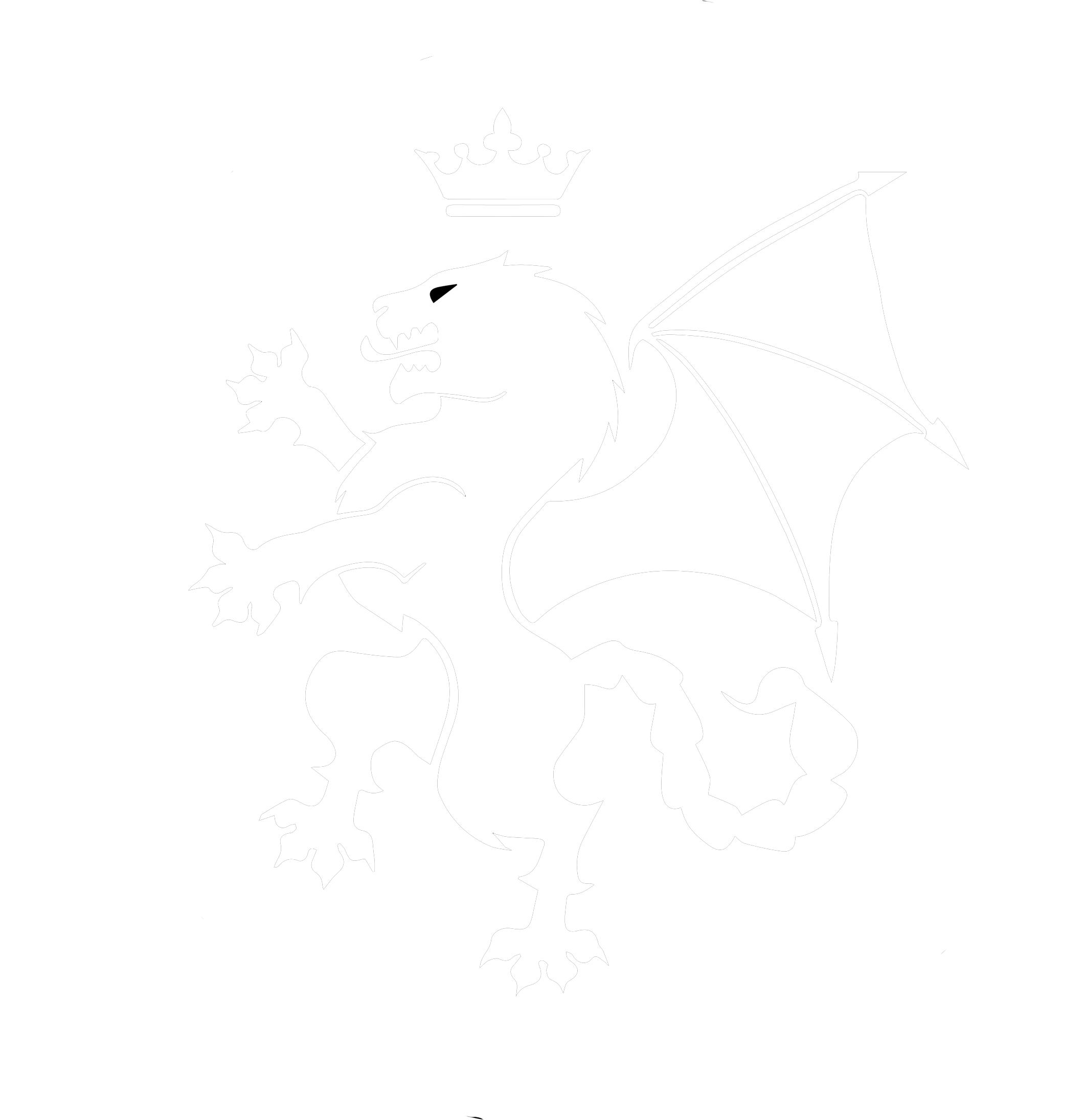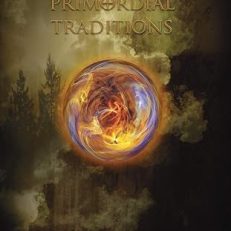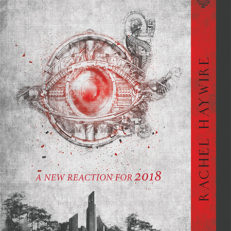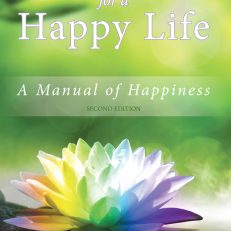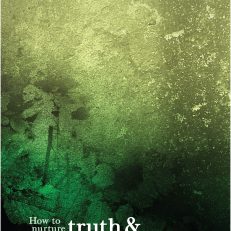Description
This is a study acknowledging Perennial Thought, the ancient tradition of ontology and ethics as seen in Greek metaphysics, the Bhagavad-Gîtâ, Christian mysticism, and Western thinkers like Goethe, Jung, Nietzsche and Jünger. The book contains chapters on Plotinus and symbolism, a criticism of scientific reductionism, a look into “the metaphysics of physics”, as well as essays on the integral worldview of Jung and Nietzsche, Rudolf Steiner’s Christology, and notes on “an ethics based in ontology”. The study also presents some conceptual aspects of artists like T. S. Eliot, Caspar David Friedrich and Edith Södergran, the Finnish-Swedish poet, “more Nietzschean than Nietzsche himself”.
Along with being rooted in Tradition, the book is composed for the modern reader, as a popular rendering of serious philosophy. At this point in history, man needs to step up a notch, leaving nihilist materialism behind him. Borderline: A Traditionalist Outlook for Modern Man acknowledges this, but not in a simplistic or programmatic manner. This is no ‘bare-bones’ preaching; the book discusses topics such as ‘art and ontology,’ ‘science and holism’, and ‘ethics and metaphysics’. For instance, in the 1980s the need for science to progress beyond reductionism and acknowledge holism was widely embraced. Now, in the 2010s, this discussion is virtually absent. The general debate nowadays seems to be focused on nihilist materialism. If indeed, a discussion about holism, ethical ontology, and the spiritual element of science is conducted it’s conducted in separate areas. Borderline: A Traditionalist Outlook for Modern Man tries to rectify this in aiming for an integral concept and a comprehensive approach to human thought. In this, the book is an attempt at building a bridge between the famed “two cultures” of C. P. Snow, between the technological-scientific on the one hand and the humanistic-philosophical on the other.
